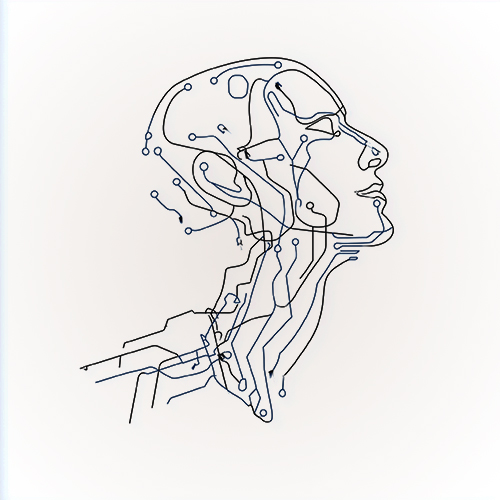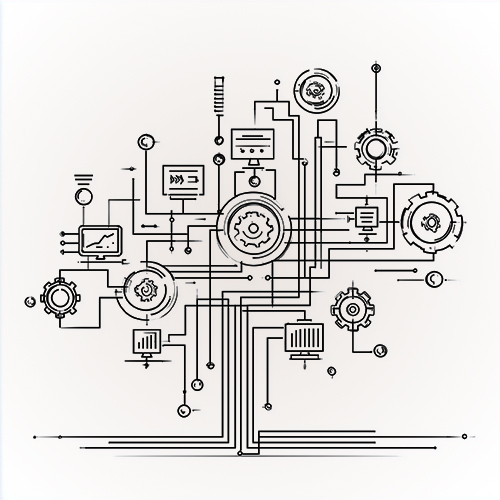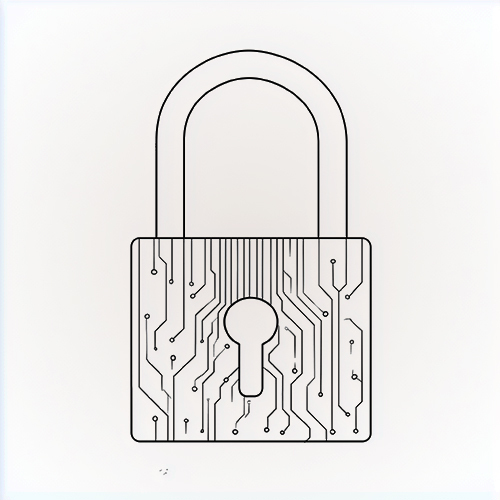An overview of all information
“The new ERP provides us with a huge amount of information in a consistent and up-to-date way,” says Petri Nupponen, the CEO. “Everyone can see the entire supply chain: information such as where an item is, when it will arrive and what has been sent to customers. It is much easier to communicate with customers.”
Previously, transactional information was owned by different functions, so the system lacked an overview and it was more difficult to access the information. “The new system enables openness and transparency. This is important to us in terms of the company’s values,” says Nupponen. “We aim to be open, both within the company as well as towards our customers and suppliers. We are able to forecast situations and respond to them quickly.”
Learning to work with new systems takes time, so the impact of the system on efficiency cannot yet be measured. However, Nupponen says that there has already been an improvement in areas such as inventory flow-throughs. “We reimagined the entire logistics process. We are now able to do more with the same group of employees and our customers get their products more quickly.”




